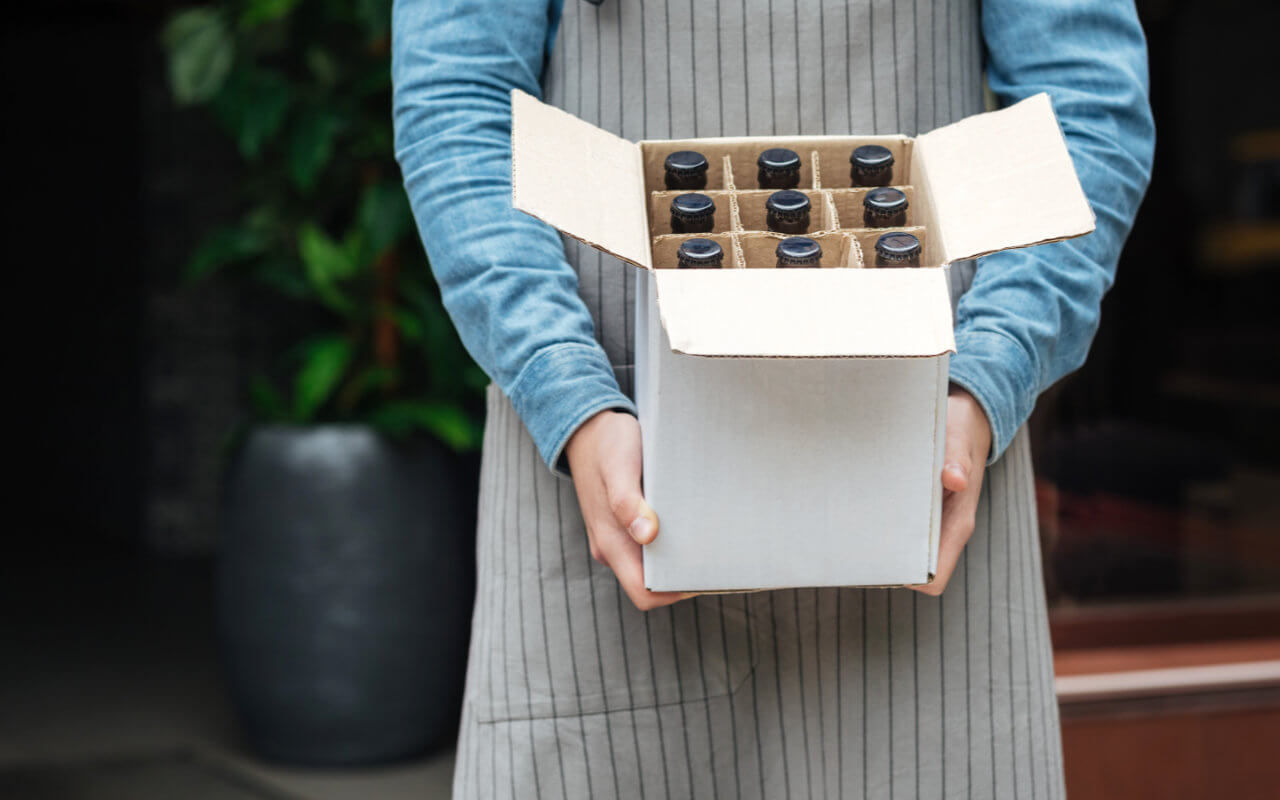The Government has published a consultation proposing updates to the Licensing Act 2003 regarding the sale of alcohol to individuals under the age of 18.
The Consultation focuses on 2 topics:
- Digital or other forms of identification
- Identification on delivery
This Briefing will summarise the proposed changes and highlight some of the questions posed.
Digital Identification
At present, the Act imposes a mandatory condition on all premises licences stipulating that a premises licence holder must ensure that an age verification policy is adopted requiring that individuals who appear to be under a specified age (usually 25) must produce, on request before being served alcohol, identification bearing their photograph, date of birth and either a holographic mark or an ultraviolet feature.
The Consultation considers amending the Act to allow individuals to utilise (a) digital identities and (b) age assurance technology to prove their age when purchasing alcohol.
A) Digital Identities
It is proposed that the use of digital identification can improve the experience of consumers and retailers. The Consultation highlights that the use of digital identities is becoming increasingly widespread, and more individuals are looking to prove things about themselves digitally. The Department for Science, Innovation and Technology is creating a framework of standards and governance, underpinned by legislation, so that individuals and businesses know what a good and secure digital identity looks like.
Digital identities will not be compulsory, but the Government is working to ensure that digital identities are inclusive and accessible for all those who choose to use them.
Questions posed:
The Consultation asks whether the Act should be amended to allow digital identities and in what settings – so should this amendment apply to all sales of alcohol or those in particular categories such as supermarkets or bars.
Considerations:
The Consultation is not clear regarding which platforms should be used for digital identities. If multiple platforms for digital identification are permitted, confusion may ensure for both individuals and businesses. Instead, having one platform verified by the Government or a digital identification card issued by the Government would create clarity and consistency. Has a digital version of the passport been considered?
B) Age assurance technology
It is proposed that age assurance technology could be used when assessing whether an individual is under the age of 18. Age estimation technology exists, and the Consultation proposes that this could help establish if an individual is of an age that allows them to legally purchase age-restrictive products. The Consultation highlights that regulation regarding age-estimation technology is less developed and any changes to the Act will only take place once suitable government approved national standards are in place.
Questions posed:
The Consultation asks whether the Act should be amended to allow age assurance technology and in what settings.
The Consultation asks what minimum threshold the think age estimation should be set at (18, 21, or 25) and the role the technology should have regarding age verification decision making.
Considerations:
It clear that participants using age assurance technology must comply with data protection legislation, placing more stringent obligations on the licence holder.
Under the Act, the designated premises supervisor (“DPS”) is responsible for ensuring that the relevant age verification policy is carried out.
There are offences for the sale of alcohol to a person under the age of 18. This raises several questions of which the following are just a sample:
- If the technology fails to correctly identify an individual under 18, can the DPS, licence holder or other person alleged to have made an underage sale use this to mitigate liability?
- The Consultation proposes that organisations should determine liability through contractual arrangements. To what extent would providers of this kind of technology be willing to contractually accept liability?
- Will the use of such technology slow the transaction process?
Identification on delivery
The Act generally only requires the verification of age at the point of sale, not at the point of delivery (the law is different in Scotland). The Consultation highlights that the way in which individuals purchase alcohol has changed, with sales increasingly taking place online. It is being considered whether there should be additional age checks at the point of delivery and /or service.
There are currently restrictions in place for individuals purchasing other age-restricted products online such as bladed articles. If an individual purchases bladed products online, the retailer must enter into an agreement with the delivery company to ensure that the package is not handed to someone under the age of 18. The Consultation is considering whether a similar model should be adopted for the sale of alcohol.
Questions posed:
The Consultation asks for views on whether the Act adequately deals with age verification when alcohol sales do not take place face-to-face. If you believe the Act does not adequately deal with age verification for online sales, should the Act be amended to apply to all delivery models such as fast delivery services and next day delivery?
Considerations:
The issue is whether this proposal would effectively work in practice:
- Will third party delivery companies be willing to enter contractual arrangements complying with the proposal?
- How do licence holders ensure that third party delivery companies are challenging at the point of delivery?
- Who would be liable for the delivery of alcohol to an individual under the age of 18? The licence holder or the delivery company?
How to respond to the Consultation
Responses are to be submitted no later than 23:59 on 30 March 2024 at:
https://www.homeofficesurveys.homeoffice.gov.uk/s/GIHZF3
Please do contact the Commercial Real Estate and Licensing Team at Winckworth Sherwood if you will like any assistance in preparing a response to the Consultation.



